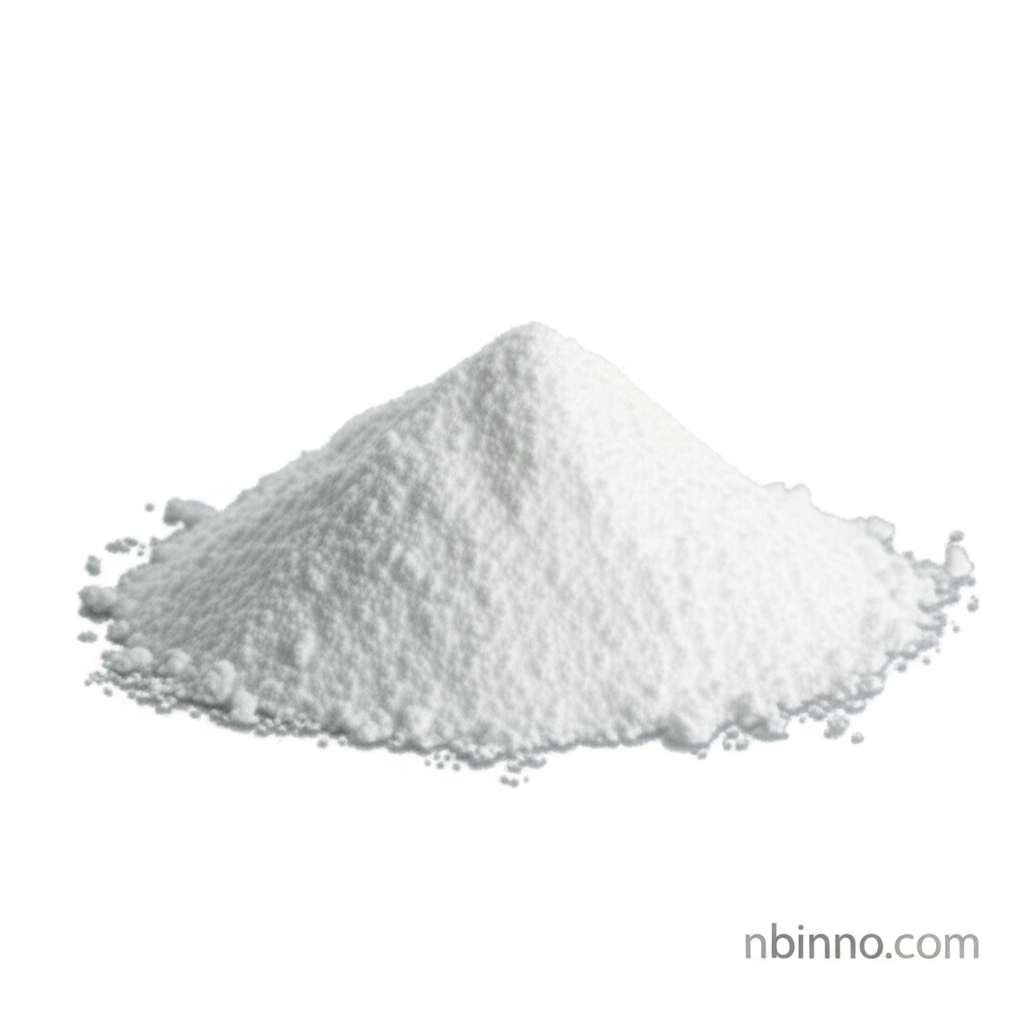1-Naphthaleneacetic Acid: Cultivating Growth and Yield
Unlock your plants' potential with this powerful synthetic auxin for superior growth and fruit production.
Get a Quote & SampleProduct Core Value

1-Naphthaleneacetic Acid
1-Naphthaleneacetic Acid (NAA) is a vital synthetic plant hormone that plays a crucial role in modern agriculture and horticulture. As a member of the auxin family, it significantly influences plant development processes, making it an indispensable tool for optimizing crop yields and plant propagation.
- Discover how to use 1-Naphthaleneacetic Acid for superior root development, ensuring stronger plant foundations for better growth.
- Learn to leverage the benefits of NAA for fruit thinning, a critical step in improving fruit set and quality in various crops.
- Explore the application of NAA in plant tissue culture, a key technique for vegetative propagation and research.
- Understand the mechanism of this powerful auxin plant growth regulator and its broad horticultural uses of NAA.
Key Advantages of 1-Naphthaleneacetic Acid
Enhanced Rooting
Utilize NAA as a potent rooting agent to stimulate vigorous root growth, essential for successful plant propagation from stem and leaf cuttings.
Optimized Fruit Set
Apply NAA post-fertilization to significantly improve fruit set and prevent premature dropping, leading to better harvest management.
Effective Fruit Thinning
Employ 1-Naphthaleneacetic Acid for precise fruit thinning, which helps in developing larger, higher-quality fruits and preventing biennial bearing.
Key Applications
Agriculture
Leverage NAA's capabilities in agriculture to boost crop yields, manage fruit development, and improve overall plant health.
Horticulture
In horticulture, NAA is crucial for successful propagation and the cultivation of ornamental plants, ensuring robust root systems.
Plant Tissue Culture
NAA is a standard component in media for plant tissue culture, facilitating cell growth, callus induction, and organogenesis.
Research & Development
Serve as a model compound for studying plant hormone interactions and responses, aiding scientific advancement in plant science.
